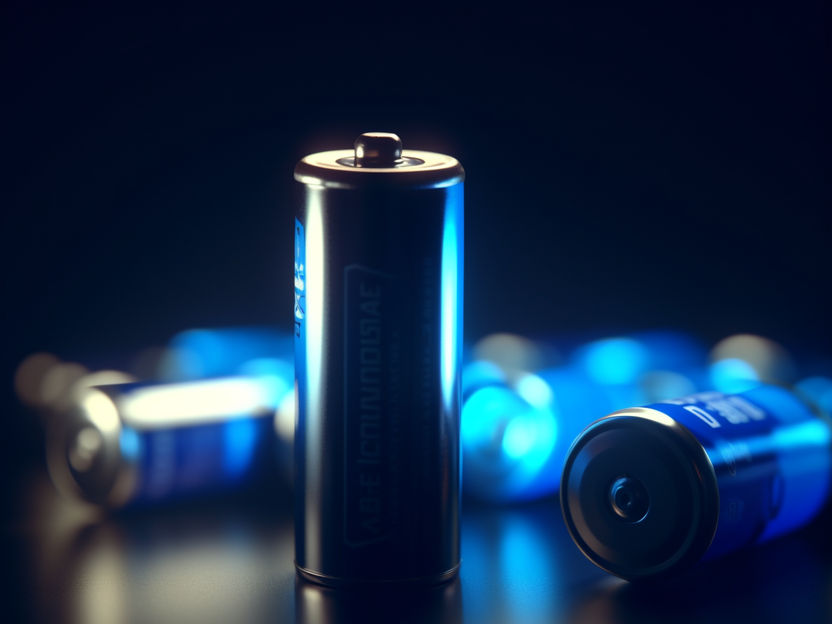GE Healthcare to set up India's first Radiopharmacy Centre in Delhi
Advertisement
GE Healthcare announced that it is setting up India's first Radiopharmacy Centre in the national capital, Delhi. The new Radiopharmacy Centre will offer isotopes and radiopharmaceuticals in unit doses to various nuclear medicine hospitals and healthcare centres in and around Delhi. Additional Radiopharmacy centres are also planned for Mumbai, Bangalore and Hyderabad. The Centre will be operational by the end of the year.
The Radiopharmacy Centre will be used to label and produce radiopharmaceutical imaging tracers and radioisotopes - a critical requirement for imaging patients using nuclear imaging, Single Photon Emission Tomography (SPECT), Positron Emission Tomography (PET) imaging and PET/CT systems. Diagnostic examinations by these systems are used to evaluate a variety of diseases ranging from coronary artery disease (Myocardial Perfusion Imaging), cancer, infection, renal disease and brain-related diseases like Parkinson's Disease, Alzheimer's, epilepsy and stroke. In nuclear imaging SPECT, a small amount of gamma emitting radioisotope (radiopharmaceutical) is injected and its distribution is mapped according to the blood supply and function of the organ of interest. In PET, the injected radiopharmaceutical releases positrons (i.e. the anti-particle of the electron), which are absorbed in tissue, releasing two photons at 180 degrees apart.
At present, hospitals and nuclear medicine centres in India are importing the isotopes used for SPECT studies (Technetium-99m, Thallium-201) and since these isotopes have a decay period ranging from 6 hrs to 72.5 hrs, the isotope loses more than half of its life by the time it is administered to the patient. PET imaging also relies on radioisotopes (O15 , FDG) that have even shorter half-lives of only 2 to 110 minutes and hence must be administered to the patient soon after production, before their radioactivity decays to a point below usefulness. The introduction of the Central Radiopharmacies would address this critical issue of the delivery of both SPECT and PET pharmaceuticals on time, thereby resulting in better patient management.
Amersham Health Private Limited, part of GE Healthcare, has obtained the permission from Atomic Energy Regulatory Board of India to import bulk quantities of radiopharmaceutical cold kits and label them with technetium-99m to produce a ready-to-use injectable form for the Nuclear Medicine Departments in India.
Most read news
Topics
Organizations
Other news from the department business & finance

Get the chemical industry in your inbox
By submitting this form you agree that LUMITOS AG will send you the newsletter(s) selected above by email. Your data will not be passed on to third parties. Your data will be stored and processed in accordance with our data protection regulations. LUMITOS may contact you by email for the purpose of advertising or market and opinion surveys. You can revoke your consent at any time without giving reasons to LUMITOS AG, Ernst-Augustin-Str. 2, 12489 Berlin, Germany or by e-mail at revoke@lumitos.com with effect for the future. In addition, each email contains a link to unsubscribe from the corresponding newsletter.


























































